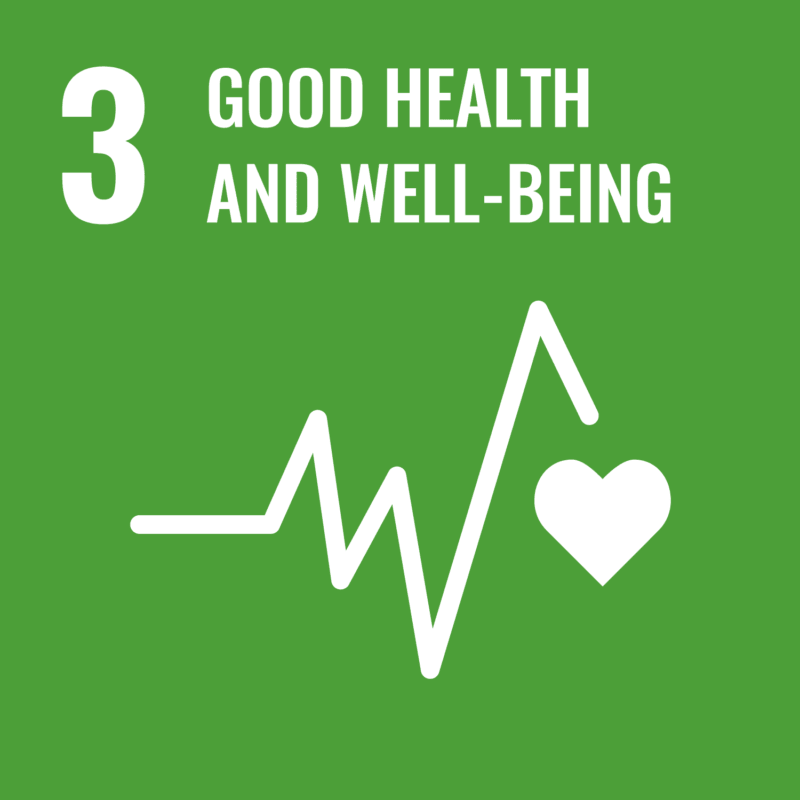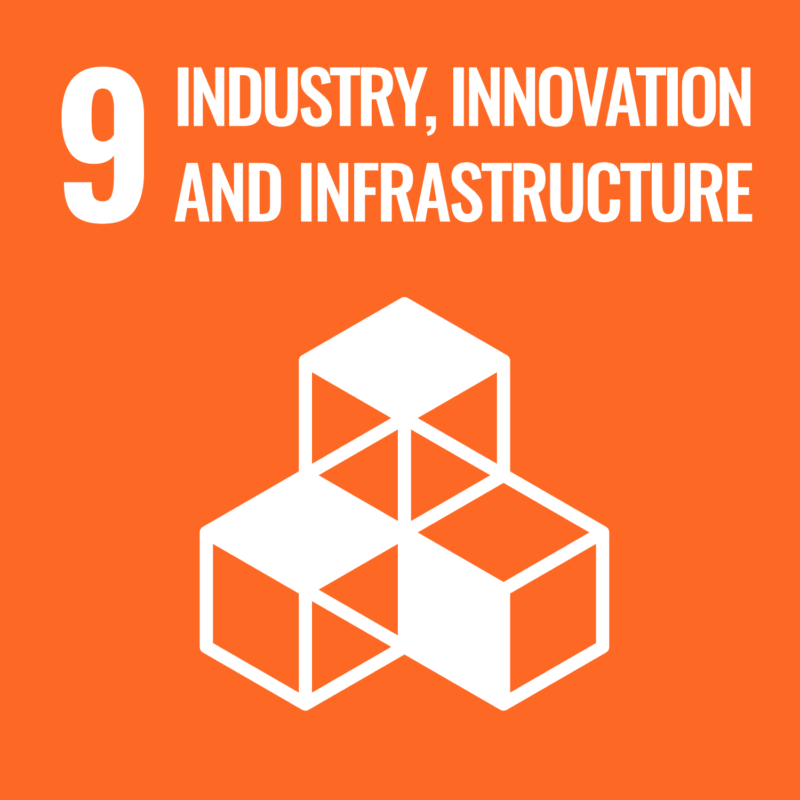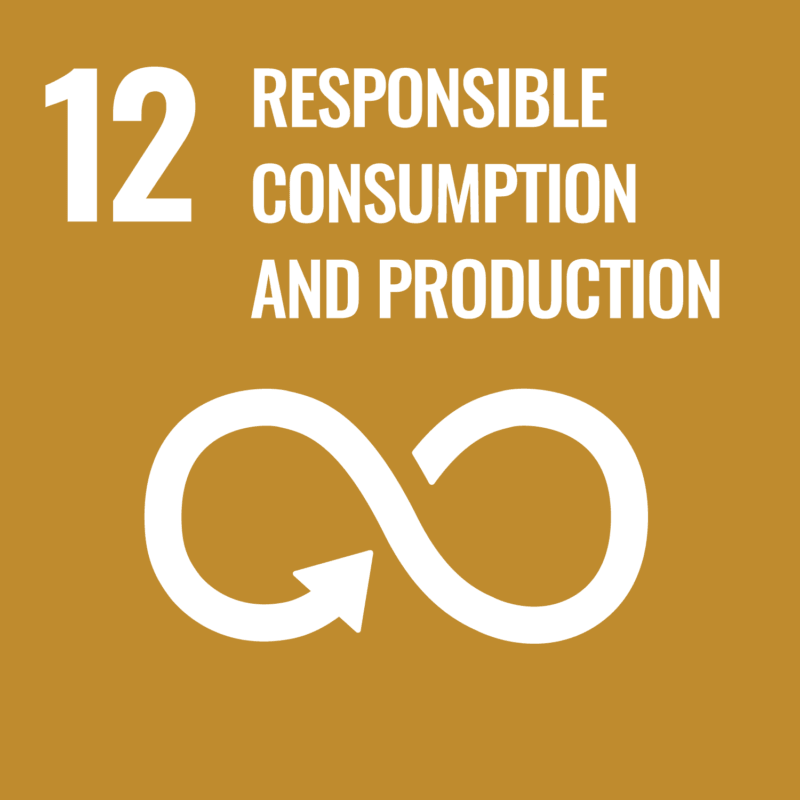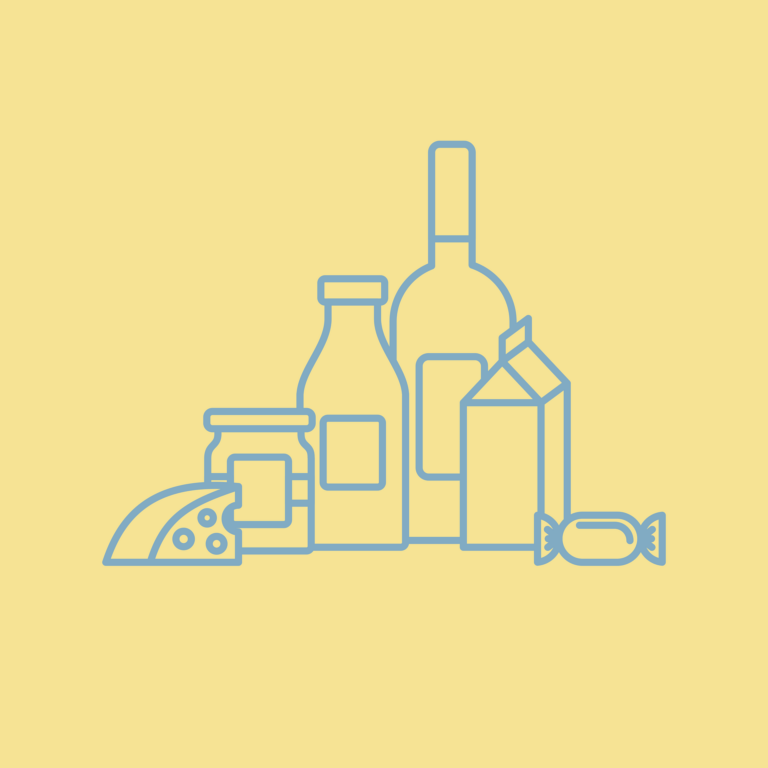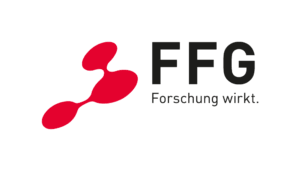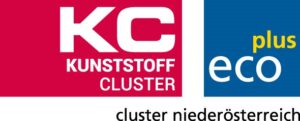What is the EU’s vision of a functioning circular economy? What is needed to achieve the requirements of the regulation? How can evaluation strategies be designed to support the approval of recycling technologies for the production of food contact materials?
These and many other aspects are addressed by the FFG project AURELIA – Automated Analysis of Recycled Materials for Food Contact – An Interdisciplinary Approach.
The European vision of a circular economy for packaging materials brings opportunities but also challenges. 65% of all packaging materials should be reusable or recyclable by 2025, 75% by 2030. 55% of plastic packaging and 75% of paper and cardboard packaging should be recycled by 2025. This is a challenge that requires highly efficient sorting and recycling processes in order to produce high-quality recycled products.
The EU has published Regulation (EU) No. 2022/1616 on recycled plastic materials intended to come into contact with food. This defines so-called “novel technologies” and criteria for the evaluation of some new recycling technologies. It is essential to establish the process capability of materials that are safe for consumers. This should ensure a comprehensive characterization of the material. However, what such monitoring might look like is not defined, leaving room for interpretation.
The main goal of the project is to develop an evaluation strategy that supports the approval of recycling technologies for the manufacture of food contact products. The principle of Regulation (EC) No. 1935/2004 applies: materials intended for food contact must not alter the food in an unacceptable way, whether in terms of taste, quality or contamination. Sensory properties are also a key criterion. Monitoring process and product quality is therefore essential. This is the only way to meet the requirements of Regulation (EU) No. 2022/1616.
The aim is to develop an automated analysis approach to characterize and monitor recycling processes and recycling materials in detail. A comprehensive, instrumental analysis is used. Mainly gas chromatographic, but also liquid chromatographic methods analyze the respective products. Determining parameters are the total amount of extractable substances, total migration and specific migration from the material into various foods or food simulants. Additionally, a sensory evaluation is carried out. The instrumental techniques used include GC-FID, GC-MS, GC-MS/MS and GC×GC-MS.
For sensory evaluation, HS-SPME coupled with GC-FID, MS, or GC-O is employed. The results are combined with the evaluation by a trained sensory panel. These findings are then combined with a toxicological risk assessment using the miniaturized Ames test. As previous studies have shown that some recycled materials tend to be positive in the Ames test, mutagenic or carcinogenic potential is suspected. Corresponding correlations to substances and substance classes must therefore be identified. Attention should be paid to removing these during the recycling process.
This combination of systems is intended to provide relevant monitoring information for the evaluation of recycled materials, enabling an automated approach for targeted sampling and analysis, and use in food contact applications in accordance with regulations.
